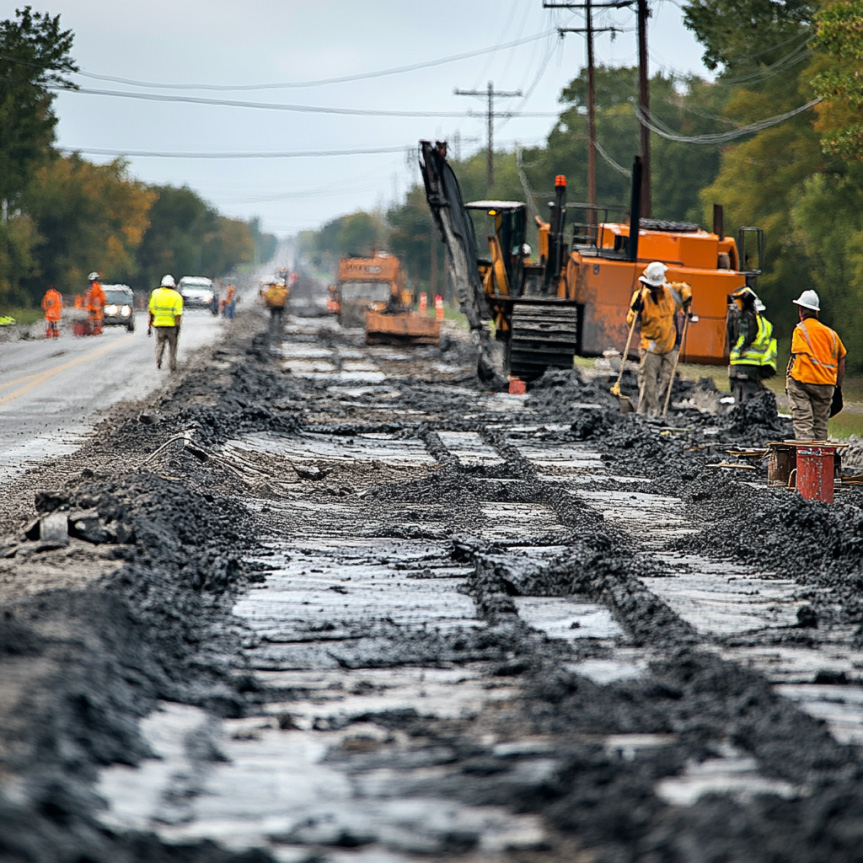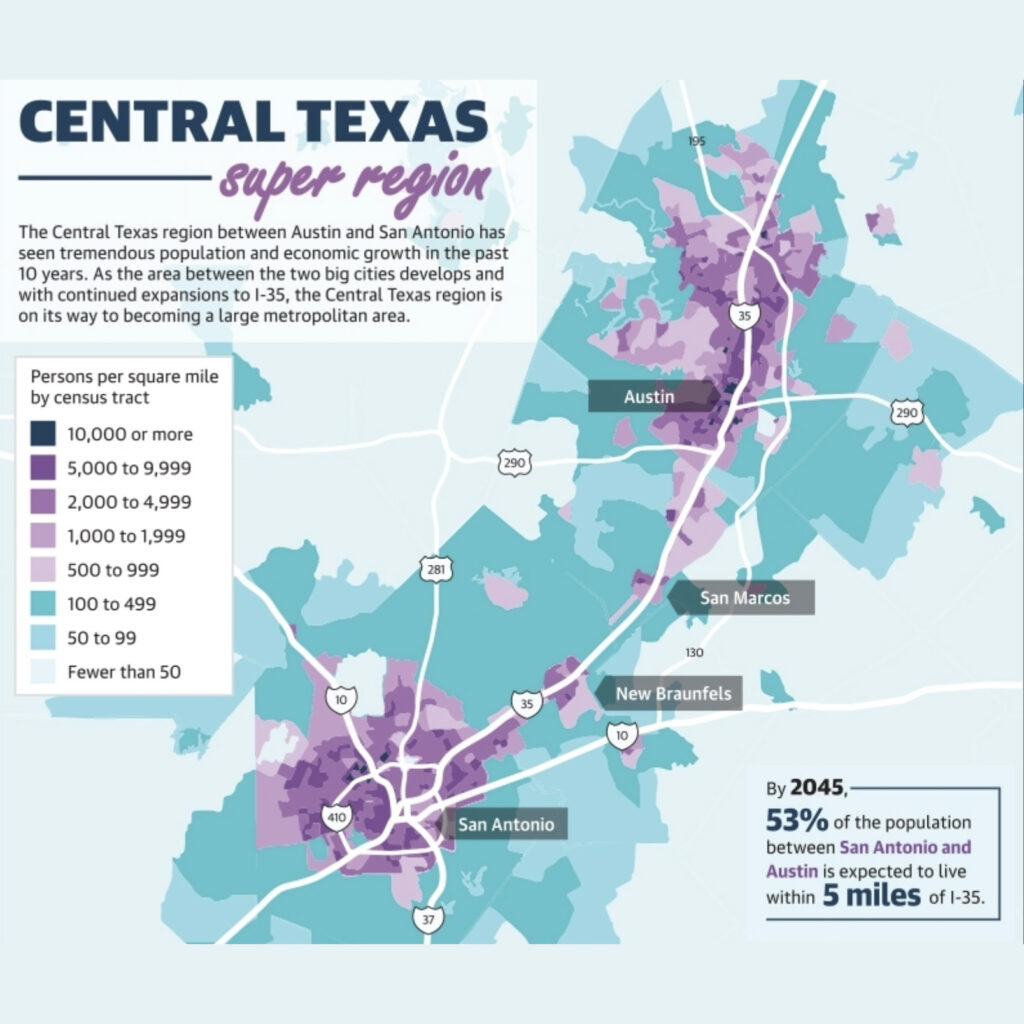“Coming together is a beginning; keeping together is progress; working together is success.” -Henry Ford
Understanding MUDs: The Backbone of Texas Communities
When you drive through the vibrant neighborhoods of Texas, you might wonder how these communities spring to life with essential services like water, sewage, and drainage already in place. The answer often lies in the work of Municipal Utility Districts, or MUDs. These entities play a pivotal role in the development and sustainability of our growing communities. But what exactly is a MUD, and why should you care? Let’s dive into the world of MUDs and discover how they shape our everyday lives.
What is a MUD?
A Municipal Utility District (MUD) is a special-purpose district created by the state to provide essential utilities and infrastructure within its boundaries. Think of a MUD as the unsung hero that ensures your taps have running water, your toilets flush, and your streets stay dry during heavy rains. These districts are established by petitioning the Texas Commission on Environmental Quality (TCEQ) or through legislative action.
Why are MUDs Used?
MUDs are a critical tool for financing and managing the development of utilities in areas that are yet to be developed. They allow communities to grow and thrive by providing necessary infrastructure upfront. Here’s why MUDs are a game-changer:
- Financing Infrastructure: MUDs raise funds by issuing tax-exempt bonds. This means they can build essential infrastructure without burdening developers with huge upfront costs.
- Encouraging Development: By providing utilities and infrastructure, MUDs attract developers and residents, making it easier to create new residential, commercial, and industrial properties.
- Local Control: MUDs give local communities the power to manage their utilities, leading to more responsive and tailored services.
How Does a MUD Work?
A MUD is governed by a board of directors elected by property owners within the district. This board makes crucial decisions about the district’s operations, from setting tax rates to determining utility fees. Here’s a quick rundown of how MUDs function:
- Bond Issuance: To finance the construction of water, sewer, and drainage facilities, MUDs issue bonds. These bonds are repaid over time through property taxes levied on property owners within the district.
- Infrastructure Development: Funds from bond issuance are used to build and maintain essential infrastructure like water treatment plants, sewage systems, and stormwater management systems.
- Operation and Maintenance: Once the infrastructure is built, the MUD ensures it is operated and maintained effectively, providing reliable services to the community.
Real-World Impact of MUDs in Texas
Let’s say a developer plans a new housing subdivision in a suburban area of Texas. They might petition for the creation of a MUD to finance the construction of water and sewer lines. The MUD issues bonds to cover these costs, and the residents repay the bonds through property taxes. This setup allows the developer to proceed without financing the infrastructure themselves, making the project more feasible and attractive.
MUDs are particularly prevalent in the booming suburbs around cities like Austin, Houston, and Dallas. They help manage the rapid growth and ensure that new communities have the necessary services to support their residents.
Why You Should Care About MUDs
Understanding MUDs is crucial for anyone living in or moving to a developing area in Texas. These districts impact your property taxes, the availability of essential services, and even the value of your home. When you buy a property in a MUD, you’re investing in a community with a reliable infrastructure foundation, which can enhance your quality of life and ensure the smooth operation of your daily routines.
Conclusion
Municipal Utility Districts are the backbone of Texas’s rapidly growing communities. They finance, build, and maintain the infrastructure that keeps our neighborhoods running smoothly. By understanding how MUDs work, you gain insight into the unseen mechanisms that support your community and ensure its continued growth and prosperity. So, the next time you enjoy a glass of clean water or a smoothly paved road, remember the essential role of MUDs in making it all possible.
At Front Line Advisory Group, we manage Capital Improvement programs to ensure they are completed on time and within budget. We make sure every dollar is used wisely to improve our community. For more information or to start your project, contact us at info@frontlineadvisorygroup.com.












